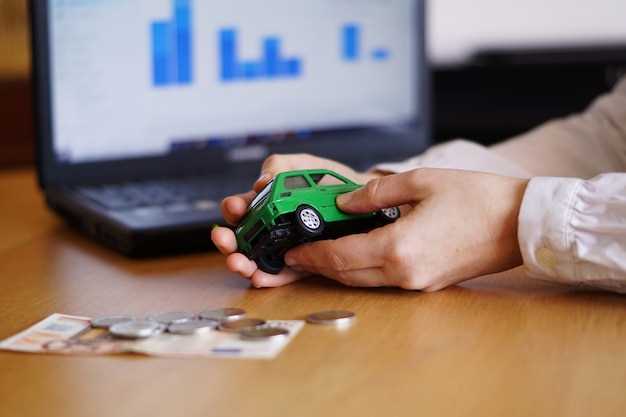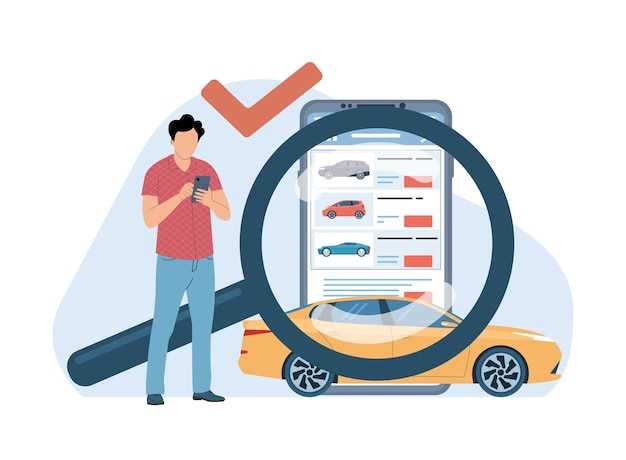
The classic car market has seen a remarkable resurgence in recent years, attracting not only enthusiasts but also investors seeking to capitalize on the growing demand for vintage vehicles. As a result, the market value of these automobiles has become a critical consideration for buyers and sellers alike. Understanding the true value of classic cars is essential for making informed decisions, whether for purchasing, selling, or holding as an investment.
Accurate appraisal of classic cars involves evaluating a myriad of factors that influence their worth. These include the car’s make and model, historical significance, condition, rarity, and provenance. Evaluators must possess not only a keen knowledge of the automotive industry but also an understanding of current market trends to accurately assess the value of a classic car. By examining these elements, one can arrive at a more precise estimation of a vehicle’s true position within the market.
Moreover, the fluctuating nature of the classic car market makes it imperative for potential buyers and sellers to stay informed about emerging trends and shifts in consumer preferences. Engaging with the right resources, such as professional appraisers and market analysis reports, can further enhance the accuracy of the valuation process. This comprehensive approach ensures that both parties involved in a classic car transaction understand the fair market value, leading to more transparent and equitable dealings.
Assessing Factors Influencing Classic Car Value

When evaluating the true market value of classic cars, it is essential to consider several factors that significantly influence their appraisal. The condition of the vehicle is paramount; factors such as rust, wear and tear, and the state of the engine play crucial roles in determining its value. A classic car in pristine condition will command a higher price compared to one that requires extensive restoration.
Rarity is another critical element. Limited production models or unique variants often fetch higher prices due to their scarcity and desirability among collectors. Additionally, a car’s provenance–its history of ownership and notable past events–can enhance its appeal, contributing to its market value. Vehicles once owned by famous personalities or featured in significant events tend to be more valuable.
The brand reputation and model lineage also affect classic car values. Iconic manufacturers with a strong history of producing quality vehicles often see their models maintain or increase in market value over time. Moreover, specific models may have a dedicated following, driving demand and prices upwards.
Market trends should not be overlooked. Economic factors, such as the popularity of classic cars among different demographics, can shift demand rapidly. Collectors may also place emphasis on vehicles that resonate with current automotive trends, impacting their market viability.
Lastly, modifications and upgrades also play a role in appraising classic cars. While some enhancements may increase value by improving performance or aesthetics, others might detract from the car’s original state and, consequently, its market appeal. Ultimately, understanding these contributing factors is vital for an accurate appraisal of classic cars in today’s marketplace.
Utilizing Appraisal Techniques for Accurate Valuation
Accurate valuation of classic cars hinges on employing effective appraisal techniques tailored to the unique characteristics of vintage automobiles. The classic car market is influenced by various factors, such as rarity, historical significance, and overall condition, which makes a comprehensive approach essential.
One fundamental technique is the comparative market analysis, which contrasts similar classic vehicles that have recently sold. By examining sales trends, auction results, and private sales, appraisers can gauge common market values, thus establishing a baseline for a specific model.
Another critical component is the condition assessment, which involves a thorough inspection of the vehicle’s physical state. This includes evaluating the engine, bodywork, interior, and other mechanical components. The appraiser must determine how well the car has been maintained or restored, as these factors significantly impact its market value.
Documentation plays an integral role in the appraisal process. Provenance, or the car’s history, can enhance its value significantly. This includes original titles, service records, and any awards won at car shows. Each document helps build a narrative that can justify a higher market price.
Additionally, trends within the classic car market should be considered. Certain models may appreciate over time due to shifting collector interests or increasing rarity. Staying abreast of market dynamics enables appraisers to provide a more nuanced valuation, accounting for both immediate and long-term trends that affect classic car values.
Lastly, expert consultations can provide valuable insights into niche markets or specific models. Engaging with historians, collectors, and industry specialists can yield information not readily available in conventional appraisal frameworks. Their expertise enhances the accuracy of the valuation and helps recognize unique selling points that may appeal to potential buyers.
By combining these appraisal techniques, appraisers can ascertain a more accurate market value for classic cars, ensuring that owners and buyers alike have a clear understanding of the vehicle’s worth in an ever-evolving market landscape.
Understanding Market Trends and Their Impact on Pricing

In the realm of classic cars, market trends play a pivotal role in determining the value and pricing of individual vehicles. The classic car market is influenced by various factors, including economic conditions, consumer preferences, and the rarity of specific models. Understanding these trends is essential for both buyers and sellers, as they directly impact the appraisal of classic automobiles.
Market dynamics can shift rapidly; for instance, a sudden resurgence of interest in a particular era or manufacturer can lead to increased demand, thereby raising prices. Conversely, economic downturns often result in reduced disposable income, which can depress the market value of classic cars. Enthusiasts must remain vigilant, monitoring industry news, auction results, and demographic shifts that may suggest emerging trends.
Furthermore, social media and online platforms have transformed the classic car market. These tools facilitate a broader reach for sellers, allowing them to access a global audience. However, this also means buyers must be discerning, as they navigate a landscape filled with varying appraisal standards and often inflated asking prices. It is crucial for enthusiasts to conduct thorough research, assessing how trends may affect the true market value of the cars they are interested in.
Ultimately, understanding market trends is vital for making informed decisions in the classic car market. Awareness of these dynamics enables investors and collectors alike to appraise their vehicles accurately and engage in transactions that reflect their true worth.


